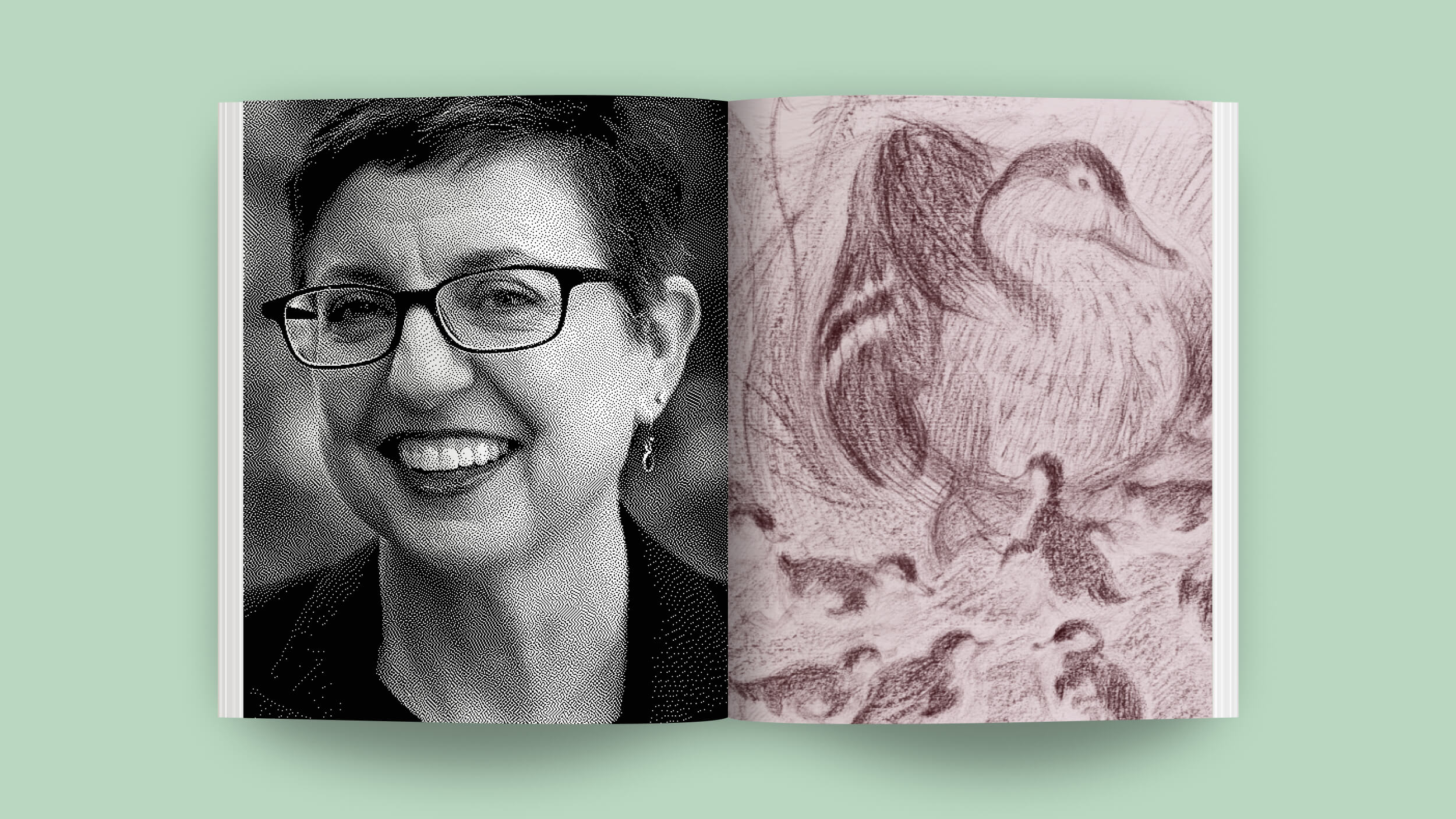The most beautiful questions any leader can ask

- The demands of leadership are often so great that fulfillment can only be found in a sense of purpose that transcends personal ambition.
- Today’s “softer skills” demand a quality that can be scarce in many leadership circles: humility.
- The balancing act for today’s leaders is to be confident yet humble — with a clear understanding of purpose.
It’s common for aspiring leaders to be focused on what they hope to get from being a leader (status, glory, money) without considering whether there is a greater purpose driving their leadership aspirations—or clarifying what that purpose might be. The demands of leadership now are so great that unless one is fueled by a sense of purpose that transcends personal ambition—and unless one enjoys the actual day-to-day work of engaging with and leading others—the pursuit may prove unsatisfying or unsustainable in the long run.
Susan Cain, author of the books Quiet and Bittersweet, observed in a New York Times essay that universities, and the students entering them, have become hyper-focused on leadership. (The schools want to be seen as institutions that produce leaders, while the students all want to become leaders.) But as Cain points out, both sides seem to be defining leadership in shallow terms—based on how many achievements a student can list or the number of clubs that student has become president of. This creates the sense that the overall objective is “to be a leader for the sake of being in charge, rather than in the name of a cause or idea [the student cares] about deeply.”
Noting that the world needs leaders who are called to service rather than to status, Cain offered up a beautiful question: What if we said to our would-be leaders, “Take this role only if you care desperately about the issue at hand”?
To reframe Cain’s challenge as a “self-question,” anyone considering a leadership role in any organization might want to first ask, 1) Why do I want to lead this endeavor or these people? And 2) Why would they want me to lead them?
If you have a worthwhile answer for the first question, it may apply to the second, as well. For example, a school principal might answer that first question by saying they want to lead the school because they have a clear vision for how to better inspire students and support the teachers.

That also happens to be a very good answer to the second question—because who wouldn’t want a leader with that kind of vision? But imagine if the principal’s answer to that first question was more about self; as in, I feel I’m entitled after all these years to be the principal of this school. That would be a bad answer to the second question.
In considering the question of Why do I choose to lead?, it’s worth keeping in mind that leadership today is, increasingly, a contact sport. As the command-and-control approach from a remote corner office gives way to more of a hands-on, on-the-ground approach, the job calls for “softer” skills: listening, effective communication, coaching. And it demands another quality that can be in short supply in many leadership circles: humility.
Overconfidence breeds hubris, which can then infect an organization’s culture.
In the past, there has been “a natural tendency to elect self-centered, overconfident and narcissistic individuals as leaders,” observes the renowned organizational psychologist Tomas Chamorro-Premuzic, explaining that we “commonly misinterpret displays of confidence as a sign of competence.” (And men are usually the beneficiaries of this error, wrote Chamorro-Premuzic in an essay headlined, “Why Do So Many Incompetent Men Become Leaders?”)
Overconfidence breeds hubris, which can then infect an organization’s culture. A fascinating study of the problem of “executive hubris” found that the trouble often begins with leaders who exude confidence (as they are expected and even trained to do)—and then manifests in other, more harmful behaviors by the leader, including a tendency to micromanage, to blame others when things go wrong, to treat disagreement as a personal slight, to flout rules, and to engage in self-glorification.
Such behavior by leaders has never been desirable, but today it’s an almost surefire recipe for failure—because it tends to work against the increasingly critical needs for collaboration, innovation, and employee engagement/retention.
Nevertheless, leaders still must “exude confidence” in order to instill faith in followers. So the balancing act for today’s leaders is to be confident yet humble: willing to question one’s own judgments, to defer to the needs of others, and share credit, while also projecting a sense of authority, boldness, and a belief in oneself. As Douglas Conant [leadership speaker, author, and a former Campbell Soup Company chief executive] puts it: “I must be willing to admit I may not have the answer . . . but at the same time be confident I can help all of us to find the answers.”
When Jim Hackett, former CEO of the design and furniture manufacturing company Steelcase, first took the helm at that company, he struggled with what his role should be as a leader, wondering, What does a CEO look like and feel like? Hackett initially focused on some of the wrong questions. He was overly concerned with what others (in particular, the family that owned the company) wanted or expected from him. But gradually, as he lived with his beautiful question about his role, he concluded that a leader’s primary job is this: to project a clear and distinctive point of view about where the organization is headed and how to get there. That clear vision is arrived at, and constantly modified and sharpened, through deep reflection and questioning.
Anyone considering a leadership role in any organization might want to first ask, 1) Why do I want to lead this endeavor or these people? And 2) Why would they want me to lead them?
Hackett told me he believes that deep thinking is a lost art in today’s business environment. “There is an over-celebration of getting things done,” he said. “For a long time, I have been asking myself this question: “Where did the balance between thinking and doing get out of equilibrium?”
At Steelcase, Hackett tried to emphasize—and even taught courses on—the importance of doing critical thinking and questioning before taking action. “We have to train ourselves to ask questions,” he says. “We have to discipline ourselves to do it.”
But what should you ask? For those inclined to question, the difficulty may be in figuring out the questions that are most critical for a particular organization to consider, given current challenges and market conditions. While those key questions vary depending on the individual business, a good place to start is at the most fundamental level—with questions of purpose.





